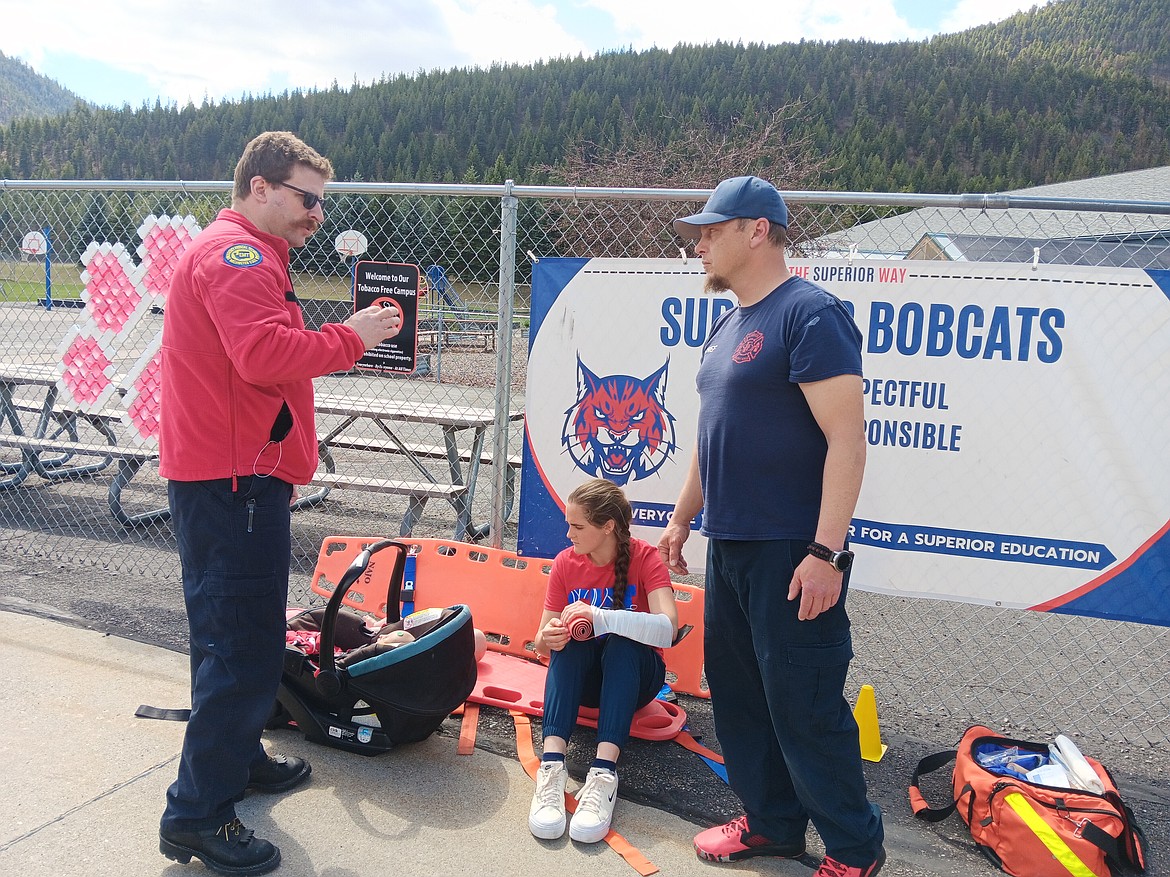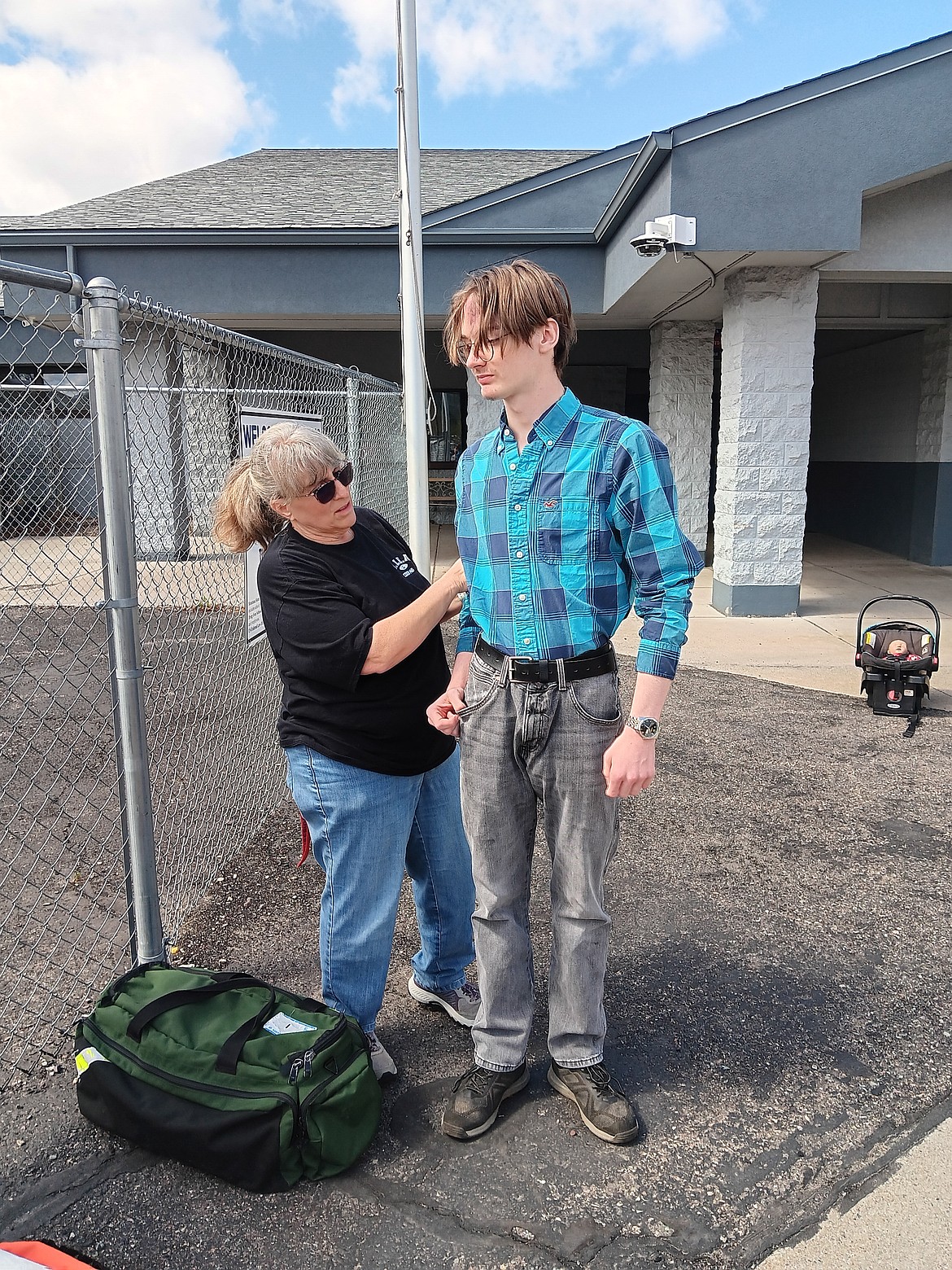Simulation in motion trains first responders in Mineral County
Simulation in Motion-Montana, based in Bozeman, operates statewide, with employees living in the communities they serve, all dedicated to improving emergency health care.
Charity Stephens, a full-time simulation specialist who lives in Columbus, also works as a paramedic in Absarokee on Sundays when training isn’t scheduled.
“It helps me keep my finger on the pulse of real-time trauma,” she said.
Become a Subscriber!
You have read all of your free articles this month. Select a plan below to start your subscription today.
Already a subscriber? Login




